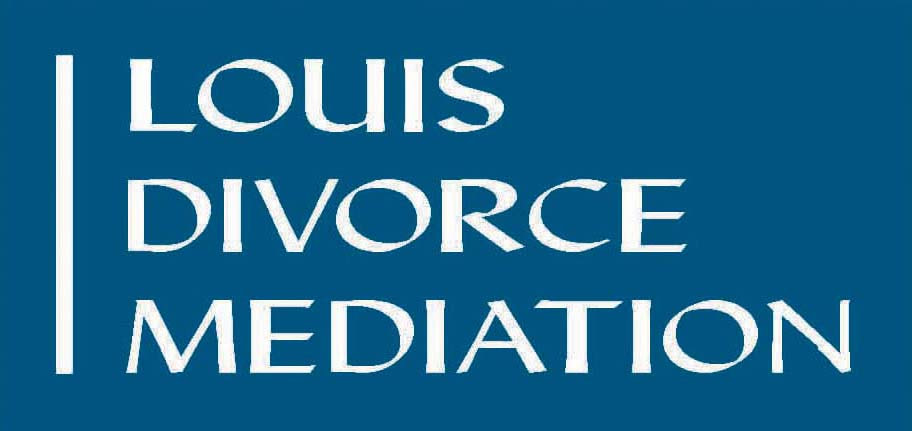Louis Divorce Mediation ~ Online and In-Person Mediation in Chicago
|
As a Chicago divorce mediator, the initial consultation is often my first contact with one of the spouses. Typically, I’ll receive a call from the husband or wife, and we agree to meet (these days) by video conference. The one who calls me is often, but not always, the “initiator,” meaning that that spouse is taking the first step in planning a future apart. When both spouses are ready to make decisions that center around separation—co-parenting, dividing property, financial support—we can begin a focused conversation with the freedom and creativity to develop solutions. But what about when the broad vision of the future is not clear to both? In other words, how can mediation work when one or both of you may not be committed to ending the marriage? As a divorce mediator, I am dedicated to client self-determination. Both of you deserve to have the most appropriate conversation for your circumstances. If I sense that one or both of you is not “on board” with ending the marriage, I will propose to open that conversation. The term that is used for this process is “discernment.” The word “discern” has several definitions, including:
If you and your spouse are unsure where your marriage stands now or where it is going, the mediation process can help you communicate and recognize whether to continue or end the relationship. So for the couple where the individuals are not sure where their marriage stands now or where it is going, the mediation process can help you both to communicate with each other and allow you to recognize and understand whether to continue or end your relationship. As a family and divorce mediator, I dedicate my work to the clients’ rights to make their own choices. Having a consultation doesn’t mean you are choosing to end your marriage, unless that is what you both want to do. I will be there with you wherever you are and wherever you are going. If you decide that a “discernment” process will be helpful for both of you, we’ll start there. If you decide that your efforts are best focused on staying married, I will offer to either assist you in creating a mediation process that will allow you to have a conversation about how to plan for staying married, with an emphasis on better communication and understanding, or refer you to a trained professional marriage counselor or therapist. Rest assured, when considering the end of a marriage, the mediation process supports you to make the important decisions to move on with your lives. And you have the option to take the time you need to plan your next step after mediation is completed—ranging from taking no legal action to proceeding with a divorce. “Where are we?” may be the most important first question for you to answer. The mediation process offers the flexibility to respond to your needs, whatever your answer may be.
1 Comment
|
Categories |
David Louis, MPA, CDFA® • Louis Mediation Services - Chicago
|
Chicago Office: 1700 W Irving Park Rd., Suite 105, Chicago, IL 60613
Northbrook Office: 555 Skokie Blvd., Suite 500, Northbrook, IL 60062 |
Copyright © 2024


 RSS Feed
RSS Feed